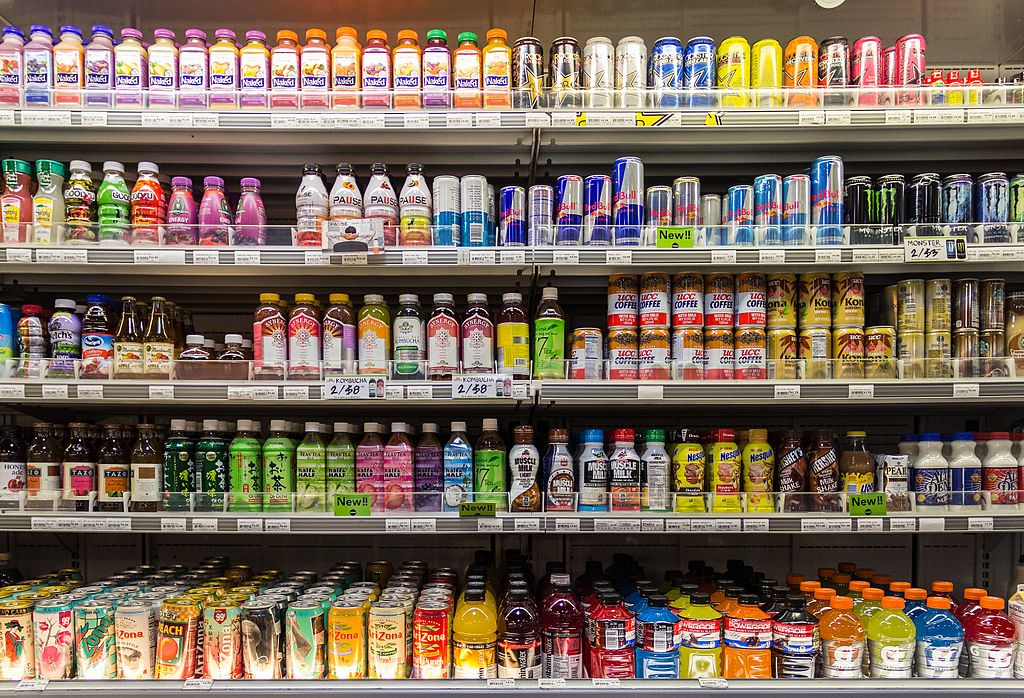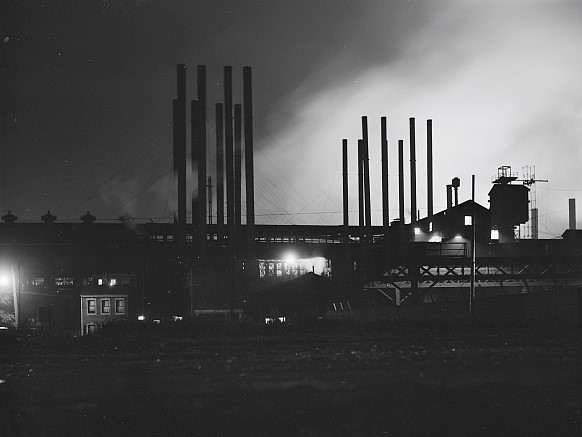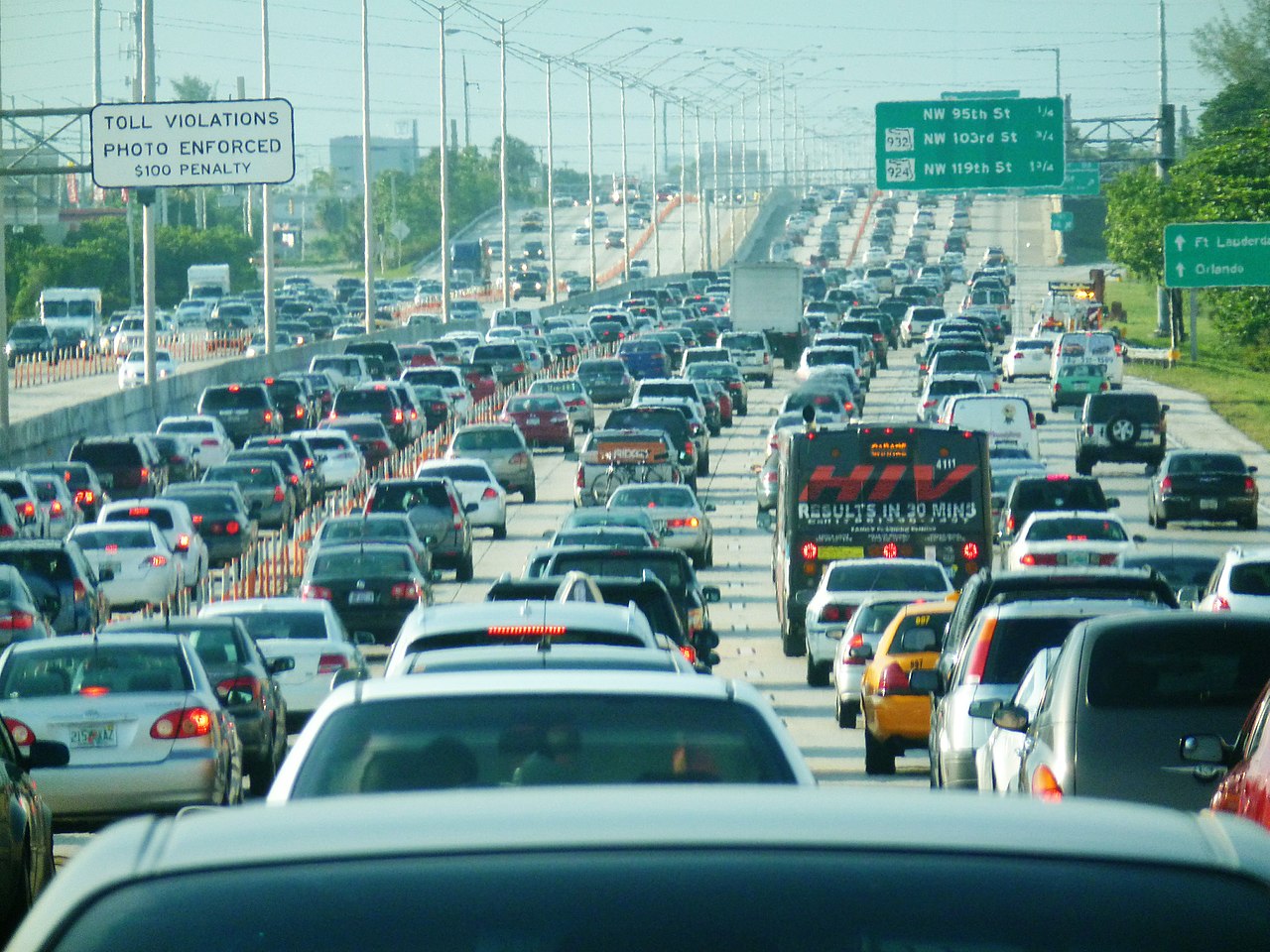
Convenience or death? Building a better future when everyone wants everything now
Convenience is a powerful motivator of behavior. Yet, oddly, convenience gets far less attention than cost when it comes to evaluating and prioritizing policies to address climate change or other social ills.

“Give Me Convenience or Give Me Death” was the title of a compilation album put out by late 70s/early 80s punk provocateurs Dead Kennedys. The band’s penchant for pushing every societal button it could get its hands on didn’t always agree with me, but the title of that record raised a question that I haven’t quite been able to shake: Has America traded in the noble vision of “liberty” that inspired Patrick Henry’s famous Revolutionary War call to arms with a lesser brand of freedom built on cheap consumerism and self-centeredness?
The line between “liberty” and “convenience” is a fuzzy one – and subjective. Take the debate over masks and other public health steps to contain COVID-19. To me, the line is self-evident: wearing a mask is an inconvenience; being able to work, travel and enjoy life free from exposure to a deadly disease is liberty. But obviously, not everyone agrees.
Still, there are times when the line seems clearer. Being able to walk freely and safely, to travel under one’s own power, is one of the most essential and basic of liberties. Yet anyone who has traveled by foot in a city has had countless experiences of drivers who ran stop signs or red lights, or plowed through crosswalks just to save a second or two – making the laws that allow individuals to exercise their freedom of movement a dead letter. Most reasonable people (I hope) would see the tradeoff between a second or two of delay and a human life to be a clear-cut example of where one person’s convenience should give way to another’s liberty. Yet the way we behave when we are behind the wheel doesn’t always track with that assessment.
Convenience is a powerful motivator of behavior. Sociologist Elizabeth Shove hypothesized that patterns of resource use – including energy and water consumption – are defined by societal expectations and standards for what she called the “three C’s”: comfort, cleanliness and convenience. Emerging societal standards for the “C’s,” she argued, interact with technological evolution to wed people to energy-intensive habits and practices. With regard to convenience, Shove suggests a dynamic by which the demand for more convenience – designed to facilitate the increasingly fragmented and harried schedules of modern life – feeds on itself over time, “generat[ing] a corkscrew-like pathway of demand for convenience from which there seems to be no turning back.”
Yet, oddly, convenience gets far less attention than cost when it comes to evaluating and prioritizing policies to address climate change or other social ills. We assume that if a policy or technology “pencils out” financially, it is a good idea and the resulting economic savings alone will provide sufficient motivation for people to adopt it.
In the real world, however, people often pass by opportunities to do things that save money or benefit themselves (and the environment) in other ways because they are simply too much of a hassle. As a recent story in the Boston Globe detailed, the move to convert homes from oil heat to electric heat pumps – a critical strategy for decarbonizing building energy use – is hampered by the difficulty involved in finding one of the few contractors willing to do the job. Transit advocates such as TransitCenter have long argued that if we want to get people riding transit, it is better to make it convenient – by making it fast, frequent and reliable – than to make it cheaper. (Though doing both would be even better.) And in my own experience, our family had considered “going solar” for years and knew it would be financially beneficial to do so. But we didn’t act until new business models came along that made it possible to get solar panels installed on our house with a minimum of fuss.
Generating the necessary demand for the environmentally sound technologies and practices we need to escape from the climate crisis requires us to take a consumer’s-eye view of the situation and to consider convenience alongside cost as a key driver of decision-making. It forces us to recognize that individual consumers will consistently make climate-friendly choices only when those choices become cheaper, safer and easier than more polluting alternatives.
But making good choices more convenient is only half the battle. Things get sticky when it comes to making it less convenient to undertake activities that present an unacceptable trade-off between our own daily routines and the liberty of our children and grandchildren to enjoy a livable climate. For example, as organizations like Strong Towns and Transportation for America have argued, if we design streets on which it is comfortable for drivers to speed, they will – regardless of the posted speed limit. The only way to keep drivers from speeding is to design streets that make it uncomfortable for them to do so – to make it inconvenient.
This can, of course, trigger backlash, as anyone who has argued for a bike lane or traffic calming can report. The plain fact is that it’s never fun or exciting to be told that a convenience you’d come to enjoy can no longer exist. Yet it is sometimes necessary.
There are two ways to address this challenge. The first is to make the debate about the line between convenience versus liberty explicit – to shift the debate to a moral or ethical plane. People may still disagree about where to draw the line, but framing the debate in a way that contrasts, for example, our ability to travel at high speed in ever-larger SUVs versus the ability of our grandchildren to live on a recognizable planet at least clarifies the moral choice to be made. I think back to my grandparents, who watched their sons go off, one by one, to serve in the military during the Cold War and Vietnam era, never knowing whether they would return. They did it because the inconvenience and sacrifice were seen as the cost of liberty. It was a difficult choice, but it was one they were willing to accept.
The second is to support broader cultural movements that put convenience in its proper place – that elevate the virtues of doing things slowly, make enduring inconvenience tolerable (by doing things like, for example, building train stations with places to sit down), and create social conditions that afford people the time and space to take a train trip where they could fly, cook a meal from scratch as opposed to hit a drive-through, or fix a phone or laptop instead of buying a new one. Doing so could break or reverse the spiral of societally programmed standards of convenience to allow for a fuller range of ways that people can live and get by in the modern world.
In so doing, we might remember that in the right circumstances, inconvenience can be an unexpected gift. Turn-of-the-20th-century British philosopher G.K. Chesterton, for example, wrote:
[W]e often hear grown-up people complaining of having to hang about a railway station and wait for a train. Did you ever hear a small boy complain of having to hang about a railway station and wait for a train? No; for to him to be inside a railway station is to be inside a cavern of wonder and a palace of poetical pleasures. Because to him the red light and the green light on the signal are like a new sun and a new moon. Because to him when the wooden arm of the signal falls down suddenly, it is as if a great king had thrown down his staff as a signal and started a shrieking tournament of trains. I myself am of little boys’ habit in this matter.
His conclusion: “An adventure is only an inconvenience rightly considered. An inconvenience is only an adventure wrongly considered.”
At a time of global pandemic and global climate change, our own desire for convenience increasingly creates life-or-death consequences for people we do not know, as well as for our own progeny. Only by recognizing the centrality of convenience in our culture can we come to grips with the real opportunities and challenges at play in designing policy to address our biggest problems, and adopt new ways of seeing and living that are better for our mental and physical health, and for the future of the world – even if they might not be quite as “easy.”
Photo: Dietmar Rabich, CC-BY-SA-4.0, via Wikimedia Commons
Topics
Authors
Tony Dutzik
Associate Director and Senior Policy Analyst, Frontier Group
Tony Dutzik is associate director and senior policy analyst with Frontier Group. His research and ideas on climate, energy and transportation policy have helped shape public policy debates across the U.S., and have earned coverage in media outlets from the New York Times to National Public Radio. A former journalist, Tony lives and works in Boston.
Find Out More

Beyond the politics of nostalgia: What the fall of the steel industry can tell us about the future of America

Bumbling toward utopia

What’s wrong with the systems we rely on?

